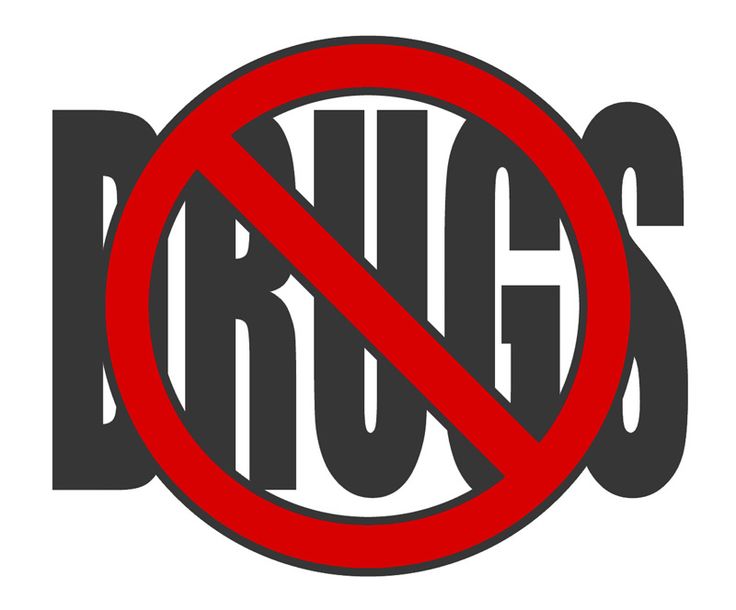The brain’s chemical structure is impacted by drugs of abuse and these changes are present long after an individual stops using, This change in brain structure increases risk for relapse, making treatment an important part of the rehabilitation process.
Various types of programs offer help in drug rehabilitation, including: residential treatment (in-patient/ out-patient), local support groups, extended care centers, recovery or sober houses, addiction counselling, mental health, and medical care. Some rehab centers offer age- and gender-specific programs.
In a survey of treatment providers from three separate institutions (the National Association of Alcoholism and Drug Abuse Counselors, Rational Recovery Systems and the Society of Psychologists in Addictive Behaviors)[where?] measuring the treatment provider's responses on the Spiritual Belief Scale (a scale measuring belief in the four spiritual characteristics AA identified by Ernest Kurtz); the scores were found to explain 41% of the variance in the treatment provider's responses on the Addiction Belief Scale (a scale measuring adherence to the disease model or the free-will model addiction).
Scientific research since 1970 shows that effective treatment addresses the multiple needs of the patient rather than treating addiction alone.[citation needed] In addition, medically assisted drug detoxification or alcohol detoxification alone is ineffective as a treatment for addiction. The National Institute on Drug Abuse (NIDA) recommends detoxification followed by both medication (where applicable) and behavioral therapy, followed by relapse prevention. According to NIDA, effective treatment must address medical and mental health services as well as follow-up options, such as community or family based recovery support systems.Whatever the methodology, patient motivation is an important factor in treatment success.
For individuals addicted to prescription drugs, treatments tend to be similar to those who are addicted to drugs affecting the same brain systems. Medication like methadone and buprenorphine can be used to treat addiction to prescription opiates, and behavioral therapies can be used to treat addiction to prescription stimulants, benzodiazepines, and other drugs
Types of behavioral therapy include:
Cognitive-behavioral therapy, which seeks to help patients to recognize, avoid and cope with situations in which they are most likely to relapse.
Multidimensional family therapy, which is designed to support recovery of the patient by improving family functioning.
Motivational interviewing, which is designed to increase patient motivation to change behavior and enter treatment.
Motivational incentives, which uses positive reinforcement to encourage abstinence from the addictive substance.
Treatment can be a long process and the duration is dependent upon the patient’s needs and history of abuse. Research has shown that most patients need at least 3 months of treatment and longer durations are associated with better outcomes.



 Contact Us
Contact Us






 Hospitals
Hospitals
 Doctors
Doctors
 Diagnostic
Diagnostic
 Pharmacy
Pharmacy
 Health Tips
Health Tips
 Blog
Blog

























Comments